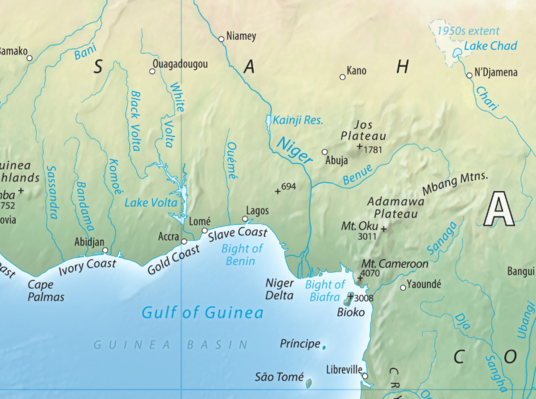
P182_Nigeria
Application of Solar Energy in Agriculture for Food, Energy and Water: Nexus of Africa
Cooperating countries: Nigeria and Austria
Coordinating institution: Johannes Kepler University Linz, Niyazi Serdar Sariciftci serdar.sariciftci@jku.at
Partner institution: Godfrey Okoye University
Project duration: 1 November 2025 - 31 October 2027
Budget: EUR 40.000
Abstract:
Agricultural sustainability in Africa is threatened by water scarcity, high energy costs, and climate change. In Enugu, Nigeria, underground water access is limited due to coal deposits, making irrigation difficult. The SAFENA project proposes the development of a solar-powered glasshouse to address the food-energy-water (FEW) nexus by integrating renewable energy solutions into agriculture. This project is a collaboration between Godfrey Okoye University (GOU), Nigeria, and Austrian partners Johannes Kepler University (JKU), aiming to design, construct, and evaluate a solar glasshouse that utilizes solar energy for irrigation and controlled crop cultivation. The Austrian team will provide technical training and assist in building a prototype at GOU that will serve as a learning hub for farmers, researchers, and food industries. The research will include knowledge development and also compare nutritional quality, growth performance, as well as resource efficiency of crops cultivated in the solar glasshouse versus open-field conditions. Additionally, this project fosters knowledge exchange, capacity building, and long-term collaborations in renewable energy applications for agriculture. By optimizing solar energy for irrigation and crop production, SAFENA enhances food security, promotes clean energy use, and provides a cost-effective model for sustainable farming. The project’s outcomes will guide policy recommendations and foster scalable innovations for African agriculture, ensuring improved resilience to climate and environmental challenges.